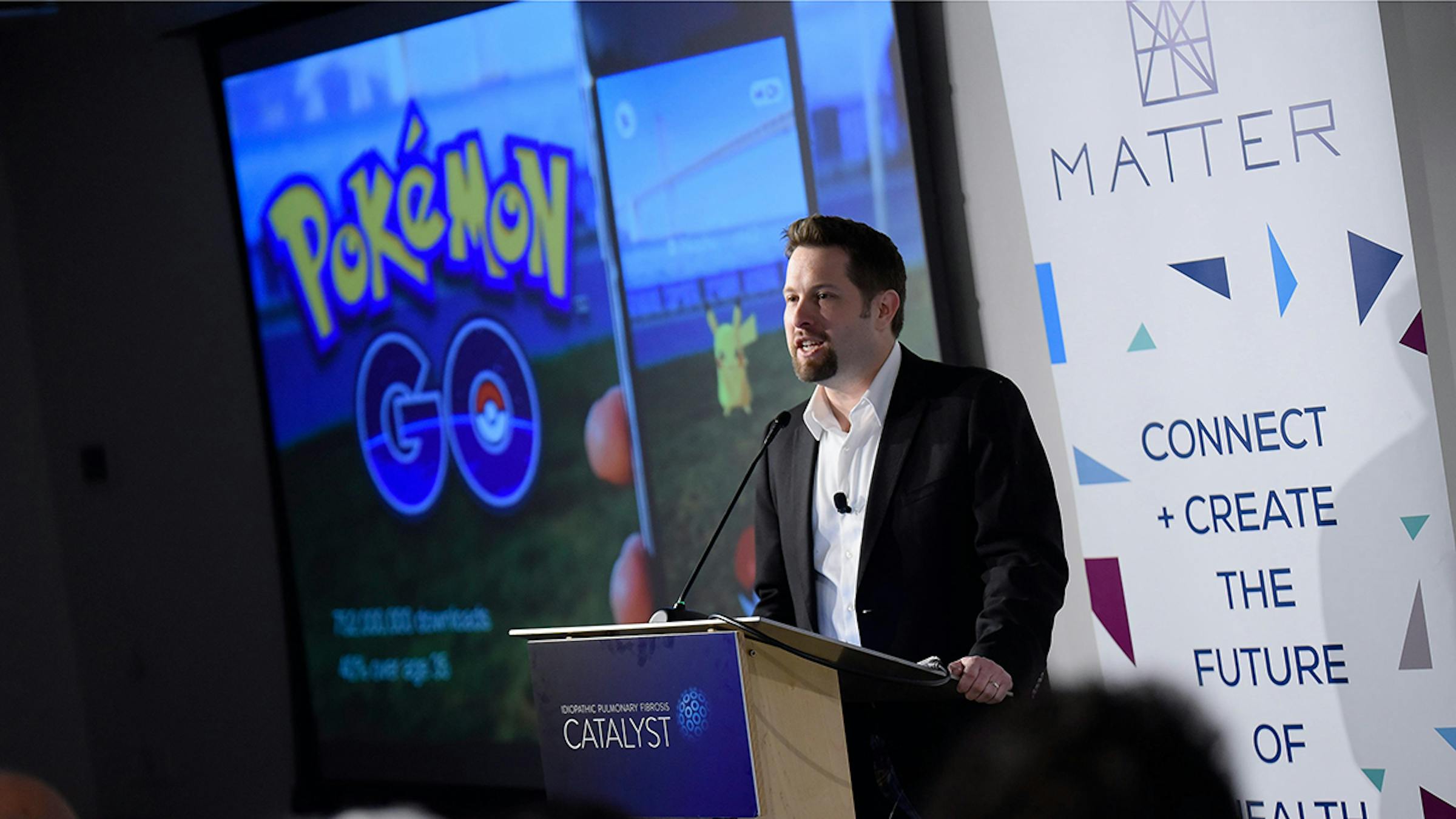Startup Shoutouts: August 23, 2019
Every day, innovators across the MATTER community are building new solutions that accelerate innovation, advance care and improve lives. Here’s a look into the most noteworthy headlines from August.
Level Ex wins funding to save lives on Mars — yes, that Mars
Level Ex received a year-long grant to build a virtual simulation that trains astronauts for deep space travel. The company will work with the NASA-funded Translational Research Institute for Space Health to help astronauts practice responding to common medical issues — which become increasingly more complicated in space. Since 2015, Level Ex has built several video games that provide better medical training for doctors, from endoscopy to pulmonology, but this grant signifies a new frontier for the company.
“Not only do I foresee this partnership shaping the future of spaceflight medicine, but there is no doubt that our discoveries and advancements will make Level Ex’s technology more robust, which will benefit terrestrial medical education across the board,” said Sam Glassenberg, CEO of Level Ex in the press release.
metaMe raises $3.8M to treat IBS digitally
metaMe, a company developing the digital therapeutic Regulora™, raised a $3.8 million seed funding round led by LionBird Ventures.
The majority of the funding will be used to study the efficacy and safety of metaMe’s main product, Regulora, which leverages the brain-gut connection to treat people with Irritable Bowel Syndrome (IBS). For the 10 to 15 percent of adults who suffer from IBS, pharmaceuticals are currently the only prescription treatment option. With Regulora, metaMe aims to become the first-ever FDA-approved prescription digital therapeutic for IBS treatment.
Score one for the middle ear (PhotoniCare wins SBIR funding)
PhotoniCare recently received a Phase I SBIR grant from the National Institutes of Health to develop AI algorithms that help diagnose middle ear infections — a disease that affects 80 percent of children.
The company has developed the TOMi™ Scope: the first non-invasive method to help doctors see behind the eardrum and more accurately detect middle ear infections. This $225,000 grant will fund a clinical artificial intelligence project related to the TOMi Scope and help PhotoniCare establish the product’s scientific, technical and commercial merit.
PhysIQ and Endotronix gain FDA approval for smarter health monitoring
PhysIQ, a leading company applying analytics to medical-grade wearable sensor data, added a new algorithm to their expanding portfolio of 510(k) FDA-cleared analytics. This algorithm uses raw biosignals to continuously determine the respiration rate of ambulatory patients.
“In a real-world environment, respiration rate is a tough vital sign to accurately and consistently measure given high levels of motion artifact,” said Matt Pipke, co-founder and CTO of physIQ in the press release. “Given these challenges, it is ideal to be able to capitalize on the vast processing power and memory in the cloud to iron out the edge cases and outliers.”
Endotronix, the digital health and medical technology company behind the Cordella ™ Heart Failure System, also received FDA approval to begin a trial that will assess the benefits of pulmonary artery pressure-guided management with the Cordella Sensor.
This landmark trial aims to expedite Endotronix’s Pre-Market Approval of the Cordella Sensor and will also inform a national coverage decision from the Centers for Medicare and Medicaid Services. Endotonix will begin enrollment in the trial by Q3 of 2019.



